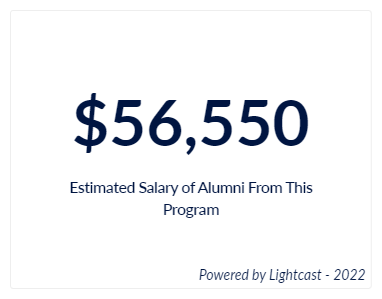Economics, Mathematics Concentration, BS
The Economics, Mathematics Concentration, BS program is especially well-suited for students preparing for graduate study in economics, which has become increasingly focused upon mathematics and statistical analysis. The economics major is designed to enable students to analyze problems relating to choice, equity, and efficiency from an individual as well as from a social standpoint. Students are prepared to be active thinking members of society capable of productive and constructive participation. Many issues and policies are examined, ranging from globalization, technological change, and environmental concerns to questions of fiscal and monetary policy, poverty, inflation, and unemployment.
What Will I Learn?
You will learn to think like an economist: a systematic way of analyzing issues and problems that affect individuals, households, consumers, businesses and governments. The core courses give you the theoretical, technical and quantitative background to succeed in upper-level coursework, enabling you to successfully apply these skills to contemporary economic events.
What are the requirements for this degree?
You must complete 120 total credits for this degree. You will take a combination of general education courses, courses in microeconomics and macroeconomics, several mathematics/statistics courses and upper-level economics courses.
What Types of Careers Could I Get With This Degree?
Economics prepares you for many different careers in both the private and public sectors. Many economics majors will work as analysts (data, research, budgeting, financial, credit, marketing, supply chain), managers (for-profit and nonprofit businesses), actuaries or in sales (insurance, financial, manufacturing).
If you are interested in studying economics in graduate school, a minor in data science is recommended.
What Career Outcomes Do Alumni Have With This Degree?


What Kinds of Experiences Could I Have?
In the classroom, you will be exposed to the most up-to-date methods in economics. You will have the opportunity to use state-of-the-art software and engage in independent research. Our dedicated, experienced and student-centered faculty are a great asset to you. Learning in small classes leads to personalized attention while you pursue your goals.
Outside of the classroom, you can work with faculty on research, serve as a department tutor and present your research at conferences both on and off-campus. The department also sponsors an Economics Club and has a local chapter of the national economic honor society, Omicron Delta Epsilon. The department has successfully competed in the Fed Challenge, a student-team panel competition sponsored annually by the Richmond Federal Reserve Bank.

